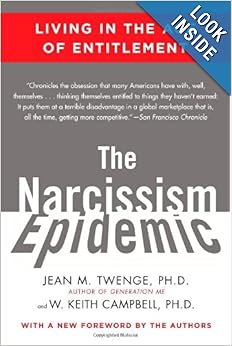Paul has been concerned about the addition of the law to grace in the Galatian church. Specifically, those who followed The Way but also wanted to add the Hebrew law (Judaizers) were telling them that they needed to be circumcised in order to be saved. Paul very firmly tells them, "No!"
 In Galatians 5:2-6, Paul tells them, "Look: I, Paul, say to you that if you accept circumcision, Christ will be of no advantage to you. I testify again to every man who accepts circumcision that he is obligated to keep the whole law. You are severed from Christ, you who would be justified by the law; you have fallen away from grace. For through the Spirit, by faith, we ourselves eagerly wait for the hope of righteousness. For in Christ Jesus neither circumcision nor uncircumcision counts for anything, but only faith working through love."
In Galatians 5:2-6, Paul tells them, "Look: I, Paul, say to you that if you accept circumcision, Christ will be of no advantage to you. I testify again to every man who accepts circumcision that he is obligated to keep the whole law. You are severed from Christ, you who would be justified by the law; you have fallen away from grace. For through the Spirit, by faith, we ourselves eagerly wait for the hope of righteousness. For in Christ Jesus neither circumcision nor uncircumcision counts for anything, but only faith working through love." In other words, Paul is writing to them, "Listen up! I am telling you that if you try to follow the law to get right with God, you're in big trouble because not only will you be expected to keep those parts of the law that seem easy, you will be expected to keep all of it. What's worse, if you rely upon your religious duty, you will be separated from Christ. What that means is that free grace, available only through Christ, will be useless to you. Those of us who are grace addicts know that the righteousness that we are waiting eagerly for comes only from him, not from our good deeds or bad."
Don't believe for a moment that this problem was limited to the Galatian church. Most of us do this regularly. We think, if I just pray more fervently, God will bless me. If I just read more chapters in my Bible, God will love me more. If I just become less critical or look at less porn or give more generously, more of his favor will come my way. Even after reading these life giving verses, some of us will turn verse 6 into a work, wondering exactly what we need to do so that our faith works through love. Paul is telling us, "No. Each of those are good things, but please do not believe that your hope lies in your behavior. It lies in his." It is his grace, not your behavior, that saves, empowers, motivates, and encourages.
For it is by grace you have been saved, through faith, and this is not your own doing, it is a gift of God, not a result of works, so that no one may boast.-Ephesians 2:8-9.






